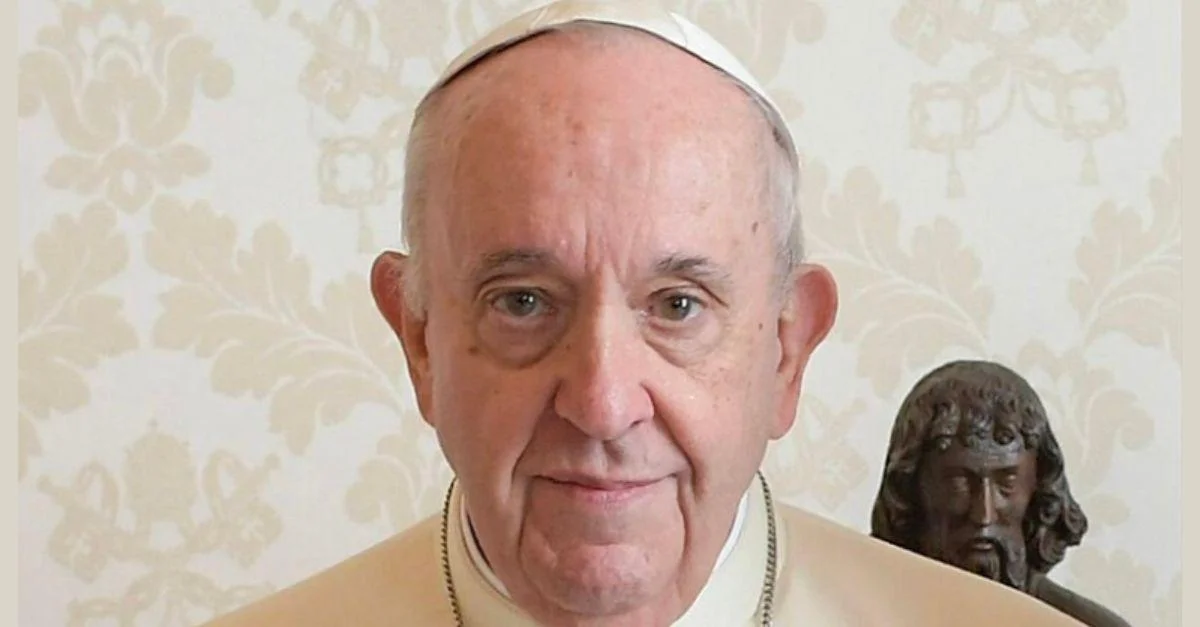According to a recent study, personal encouragement and regular Eucharistic adoration are influential in encouraging young men to pursue priesthood. The "Survey of Ordinands to the Priesthood," conducted by the Center for Applied Research in the Apostolate at Georgetown University (CARA) and provided to the U.S. Conference of Catholic Bishops (USCCB), highlights these key factors.
Bishop Earl A. Boyea of Lansing, Michigan, who chairs the USCCB's Committee on Clergy, Consecrated Life and Vocations, remarked, “Encourage a young man to consider the priesthood or to attend Eucharistic adoration; he could be your future pastor.”
The report precedes the 62nd World Day of Prayer for Vocations, set for May 11. In Pope Francis's final message, written from a hospital in Rome, he urged fostering vocations across various human activities and encouraged individuals to remain spiritually open to divine communication.
CARA’s report shows that 78% of respondents had participated in Eucharistic adoration before seminary entrance, with 89% receiving encouragement to consider the priesthood from someone they knew, such as a parish priest, friend, or fellow parishioner.
Jesuit Father Thomas P. Gaunt, CARA’s executive director, noted the increased emphasis on Eucharistic adoration and the role of personal encouragement in fostering vocations.
This year, 309 out of 405 men invited to participate in the online survey completed it, representing 115 U.S. dioceses and eparchies and 36 religious institutes. The majority (80%) are preparing for ordination to a diocese or eparchy, while 20% aim for ordination in religious institutes.
The report indicates the average age for ordination is 34. Most respondents first considered priesthood at 16. The 2025 ordination class consists mainly of white or Anglo men (69%), with notable Hispanic or Latino, Asian or Pacific Islander, Native Hawaiian, and Black or African presence.
Many respondents reported early Catholic upbringing, with 92% baptized as infants and 85% raised by Catholic parents. Around 31% have a priest or religious as a relative. Academic and professional backgrounds varied, with 63% completing undergraduate or graduate degrees in disciplines such as philosophy, engineering, and business before joining the seminary.
Additionally, 73% attended Catholic schools at different education stages, and two-thirds worked full-time before entering the seminary.
Despite a supportive environment, 43% faced discouragement from pursuing priesthood, often from friends or family. Alongside Eucharistic adoration, practices like praying the rosary, participating in prayer or Bible study groups, and Lectio Divina were highlighted by respondents.
Bishop Boyea concluded, “We pray for the continued fidelity of the newly ordained to the voice of God and for the faithful to whom they will minister.”
Gina Christian is a multimedia reporter for OSV News.
 Alerts Sign-up
Alerts Sign-up






